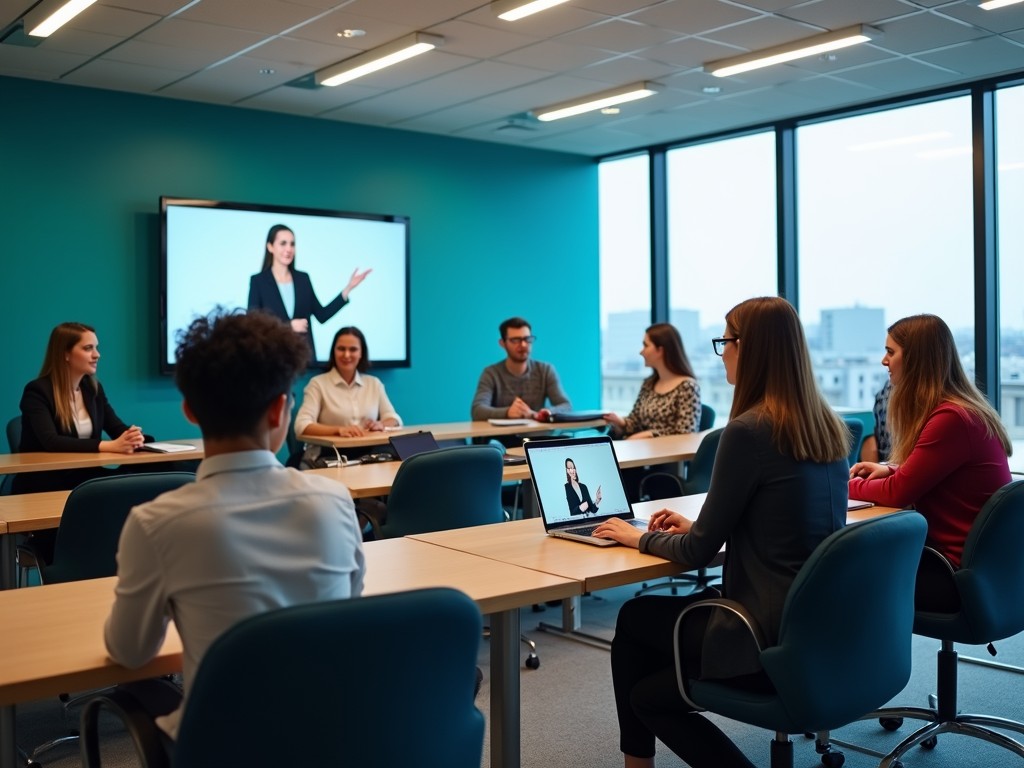
Breaking Barriers in Higher Education: Innovative Programs Empowering Deaf Students
- Posted by Cicada Sign
- Categories Blog
- Date January 11, 2025
- Comments 0 comment
In today’s rapidly evolving educational landscape, higher education institutions are implementing innovative programs to support Deaf and hard-of-hearing students. These initiatives aim to create inclusive environments that foster academic success and personal growth.
Innovative Programs and Initiatives
-
Deaf Awareness Micro Certificate
The National Deaf Center (NDC) has introduced a self-paced program designed for disability services professionals, educators, and service providers. This certificate offers foundational knowledge to enhance educational experiences for Deaf students. -
La Roche University’s Partnership with DePaul School for Hearing and Speech
Starting in Spring 2025, La Roche University will pilot a program leading to a master’s degree and Pennsylvania Teacher of the Deaf certification within a year. This initiative addresses the need for qualified educators proficient in Deaf education. -
NSF National Deaf Innovation Challenge
Hosted by the Rochester Institute of Technology (RIT), this competition encourages Deaf and hard-of-hearing students to develop innovative solutions, promoting entrepreneurship and technological advancement within the Deaf community. -
NextSense Innovation Centre at Macquarie University
Opened in 2024, this $75 million facility offers health, disability, and cochlear implant services, along with research and professional education programs. It serves as a national hub for individuals with hearing and vision loss, promoting inclusive education and support services.
Advancements in Technology
Technological innovations have significantly enhanced accessibility in higher education:
-
Smart Classrooms: Equipped with assistive listening devices and real-time captioning services, these environments facilitate inclusive learning experiences.
-
Virtual Reality (VR) Training Programs: Projects like ISENSE utilize VR to teach sign language, promoting social inclusion and improving communication skills among students.
At Cicada Sign, we are committed to supporting and promoting such innovative programs. We encourage educational institutions, policymakers, and the community to collaborate in creating more inclusive and accessible learning environments for Deaf students.
Conclusion
The advancements in programs and technology for Deaf students in higher education are promising steps toward inclusivity. By embracing these innovations, we can break down barriers and empower Deaf individuals to achieve their academic and professional goals.





